Knowing when to start puppy training classes is an integral part of raising a dog.
Of course, you can train your puppy at home, but classes are about so much more than learning commands; they also help socialize your pup and teach manners.
These might sound like simple things, but they’re the backbone of raising a well-behaved dog, and in some cases, the dog remaining in the home.
So let’s take a look at puppy classes, why they’re important, and when to start them.
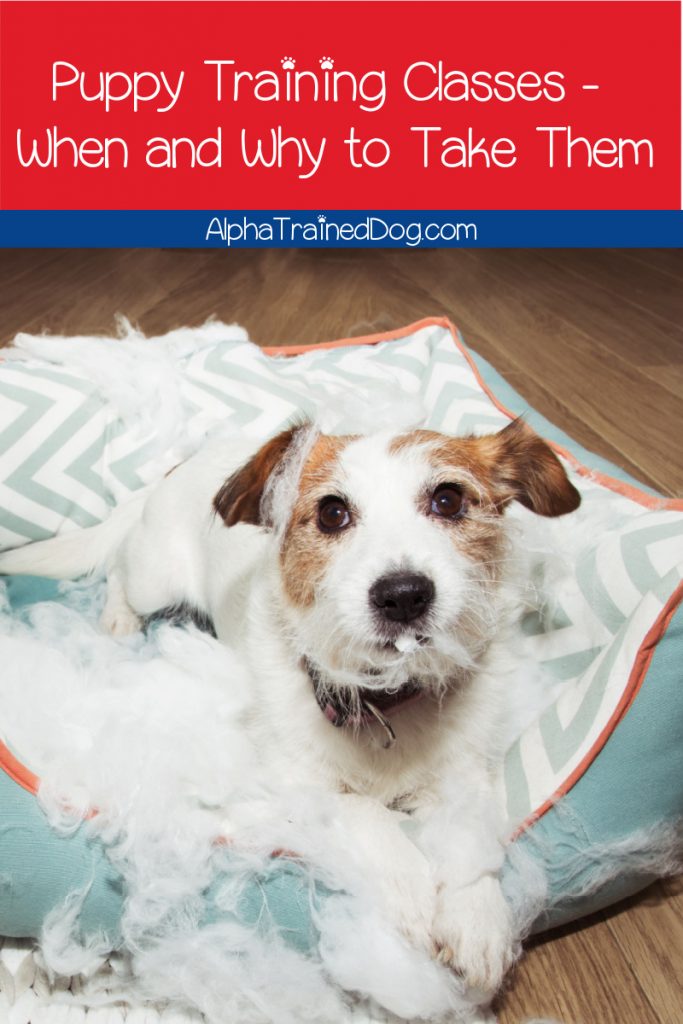
Why Puppy Classes are so Important
When a dog is a puppy, his rambunctiousness is adorable.
The way he attacks his toys – along with your hands, feet, socks, shoes, clothing, laundry baskets, and more – is super cute, right?
Think farther ahead, though. Imagine that same behavior in a fully grown dog.
Depending on the breed, that cute behavior translates into some major destructive power along with possibly injuring, albeit accidental, other dogs or even humans.
When to Start Puppy Training Classes
Many people are surprised at how early a puppy can start training classes.
Puppies can actually begin attending training classes as young as 7 to 8 weeks of age.
This might seem too young, but puppies have a window of learning in which they readily soak up new experiences and training.
To a lot of owners’ surprise that window is just about 12 weeks of age. So the earlier you get your puppy into classes, the better.
According to the AVSAB (American Veterinary Society of Animal Behavior), puppies aged 7 to 8 weeks who have had their DHPP vaccination should begin attending puppy classes.
They explain that negative behavioral issues are a far greater risk to a dog than infectious disease, making early training so important.
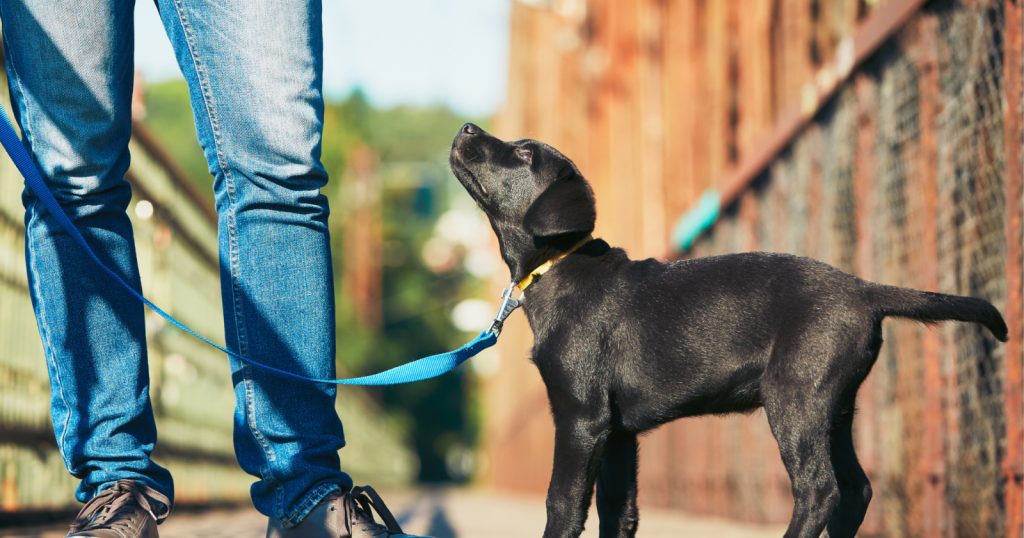
What Puppy Classes Teach
High-quality puppy classes teach so much more than basic commands, although those are key, as well.
A really good puppy class will cover everything from basic commands and playtime to socialization that includes the introduction of objects and sounds as a way to get your puppy used to life in general.
General Manners
Puppy classes are a vital part of raising your little fuzzy buddy because they help you teach him how to behave in the world.
Through these classes, he’ll learn basic commands, how to interact with other animals, humans, and the world around him, and generally how to be the “bestest boi.”
While many people may view these classes as a needless expense, they are, in fact, an investment in your dog’s futures.
Basic Commands
While you can train your puppy at home, puppy classes tend to make the process easier.
The training professional leading the class has trained more dogs than any one owner will ever have in a lifetime.
That gives them a deep well of experience, along with little tips and tricks that they can impart to you as you go through the class.
In general, what could take weeks of struggle at home can often be mastered in just a few days with puppy classes, making them an excellent way to jump-start training, as well as save you tons of time and headache.
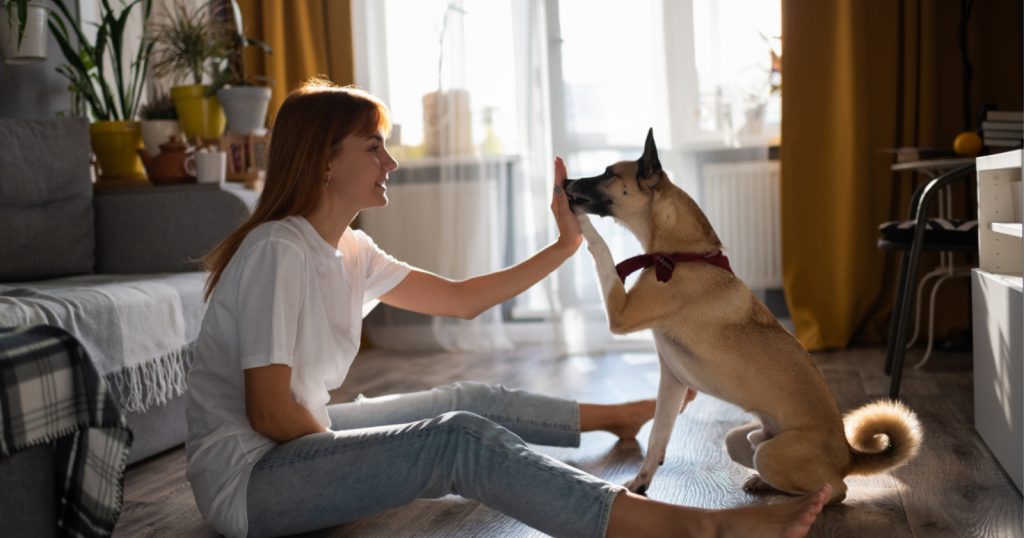
Socialization
Socialization is a key part of raising a puppy. While some dogs are naturally social butterflies from birth, other dogs need to learn that the world is a safe place.
Timid puppies grow up to be dogs that freak out whenever anything in their environment is changed.
Likewise, a puppy who shows aggressive tendencies can grow into a dog who feels like he has to be on constant guard against the world.
In either of these instances, the best-case scenario is a dog who is generally unaccepting of new things and people.
In the worst-case scenario, you could end up with a dog who bites out of fear or lunges, charges, and even bites at anything that might even be almost “dangerous”.
Puppy classes are an excellent vehicle for socialization.
Your puppy is there with you, so he feels safe. He’s also there with other dogs his own age, which means that they’re all functioning at about the same mental maturity level.
This allows your pup to learn that other animals and humans are fun and nothing to be afraid or suspicious of.
In addition to meeting new dogs, your pup will also experience other people, as well as new sights, sounds, smells, and other sensory input.
This allows him to explore the great big world, getting used to all types of things while you are there to act as his safety net.
Good puppy classes will do more than just teach basic commands and have some playtime, although those are important.
Really good classes will also employ new objects like ramps, tunnels, brooms, vacuums, and other dog and human items to immediately get your pup used to all of these things that he’ll encounter later in life.
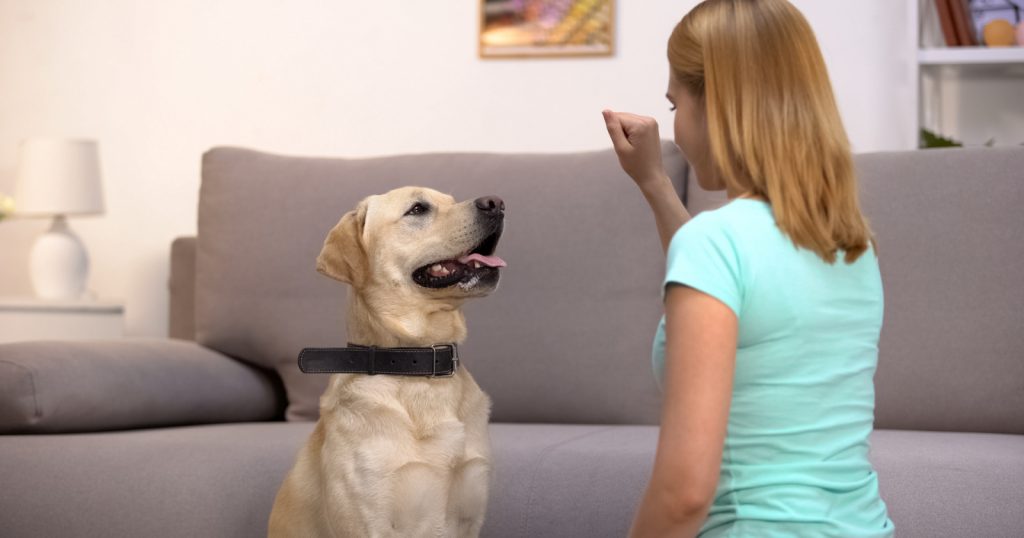
Playtime
Playtime is a key part of puppy classes, as well.
In addition to learning how to socialize with other animals, puppies learn how to control their bite pressure when playing with other dogs, how to read dogs’ body language, become more confident, and when to back off during play.
Bite Inhibition
While socialization is a great way to help reduce the chances that your dog will bite, the fact is that any dog can bite for any reason, even the most well-behaved pooch.
This is different than teaching your puppy not to bite. Teaching him how to control bite pressure when he’s young, helps reduce the likelihood that he will severely injure an animal or human later in life if he does bite.
Trainers will use a variety of methods – many play-based – to help you and your puppy learn how to control bite pressure.
In addition, a good trainer will also teach you how to monitor play, stepping in when it becomes to rough, and give you ways to continue bite inhibition training at home.
Handling Desensitization
One of the most important things good puppy classes teach is acceptance of handling and gentle restraint.
Dogs routinely have to go to groomers and regular vet visits.
It’s a lot easier for your groomer or vet to do what they need to do when your dog doesn’t act like a flopping fish throughout the process.
It’s also easier for you to do things like do basic bathing and nail-trimming or give medication.
Throughout this part of the class, your trainer will teach you how to touch your puppy in a variety of ways and in different spots and reward him for behaving while you do it.
Over time, this helps teach your puppy that being touched is a part of life and nothing to be reactionary towards.
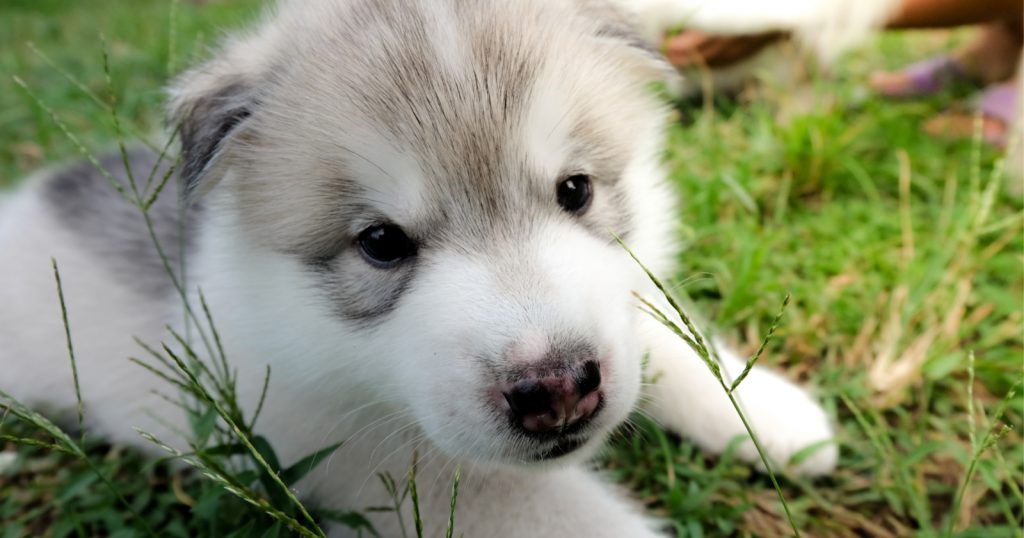
General Discussion
Great puppy classes begin with great instructors. A class with an instructor who sets aside time to answer owner questions is ideal.
Although you’ll learn a lot at puppy classes, you might have questions about specific things that weren’t covered in the class.
From specific situations to your pup’s own idiosyncrasies, you’ll likely have questions, and a good trainer will take the time to go over them with you.
Safety During Puppy Classes
Because it’s recommended that puppy classes be started at such a young age, your pup will not have completed his full round of vaccinations.
However, that doesn’t mean that he’s in dire peril.
It just means you have to take a few extra steps to keep him safe. Here are some things to look for when choosing your puppy class.
Vaccination Requirements
“But you just said my pup would have to start puppy classes before being fully vaccinated.”
I did. However, vaccination requirements don’t mean that your puppy has to have ALL vaccinations. It means that he has to be up to date on vaccinations.
Basically, as long as you’re faithfully following your vet’s vaccination timeline, a puppy class with vaccination requirements will allow you to attend.
These classes are great because all of the puppies in the class will be up to date on their vaccines, ensuring that your puppy is less likely to contract a disease or illness.
Cleanliness
Always look for a puppy training class that is held in a clean location. Examine the facility, looking for any signs of poor cleaning.
Of course, a facility that hosts puppy classes will never be twinkling, sparkling clean, but it should look like it’s being maintained.
In addition, it’s important to specifically ask if the facility uses a cleaning agent that kills distemper and parvovirus before classes being.
Both distemper and parvo are vicious diseases, and any reputable class will do their due diligence when it comes to preventing the possible transmission of these diseases.
Pee Pee Pickiness and Carrying Your Pup
Speaking of distemper and parvo, two more ways to help keep your puppy safe are carrying him into class and being choosy about where he goes potty.
Distemper and parvo are contracted through saliva and feces from infected animals.
Carry your puppy to prevent him from coming into contact with other dogs that may not be part of the class or in another class.
In addition, don’t let your pup choose where to go potty. Take him far away from where other dogs have gone potty to avoid any possible contraction of a disease.
I want to point out that this is far more important for puppy classes that do not require vaccinations, and it’s a shining example of why you want a puppy class with vaccine requirements.
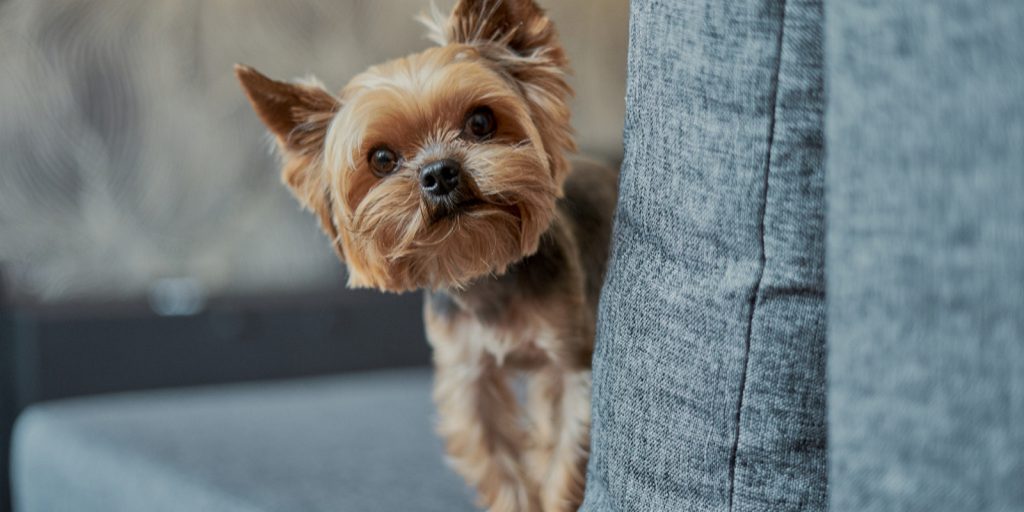
Start Puppy Classes Early for the Best Result
Puppy classes are best started at around 8 weeks of age.
At that age, your puppy will soak up his training like a sponge, allowing him to learn more quickly and setting him up for a lifetime of better behavior.
In addition to being a more well-behaved boy, he’ll also learn to love the world and all the animals and people in it, reducing the likelihood of him developing fears or behaviors that will make his life, and by extension, your life more difficult.
So if you have a puppy, sign him up for puppy classes right now.
You’ll be glad you did when you have a good boy down the line.



From memory all of our puppy training classes took place from 8-10 weeks of age and we always used the same person x
Excellent article. All new puppy owners should do this in my opinion. It will make life so much easier for all concerned!